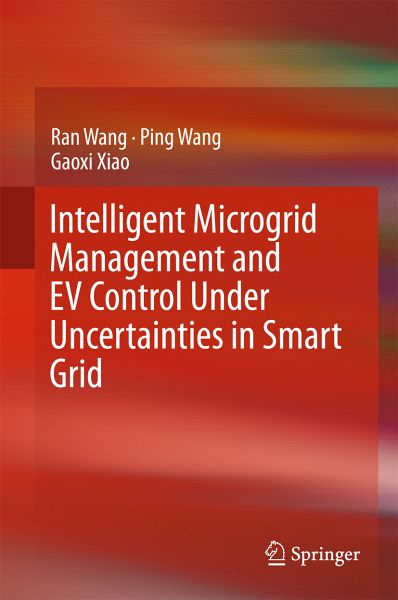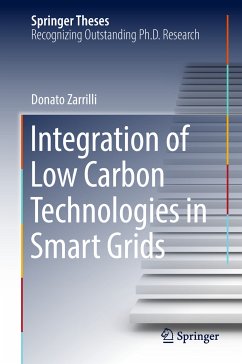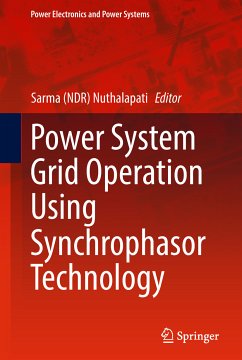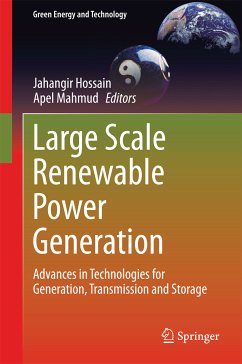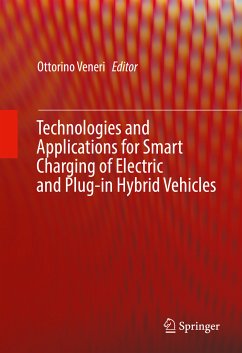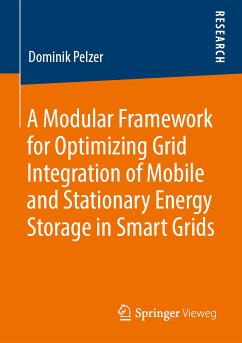Dr. Ran Wang is currently an assistant professor at College of Computer Science and Technology, Nanjing University of Aeronautics and Astronautics (NUAA), P.R. China and Collaborative Innovation Center of Novel Software Technology and Industrialization, Nanjing, P.R. China. He received his B.E. in Electronic and Information Engineering from Honors School, Harbin Institute of Technology (HIT), P.R. China in July 2011 and Ph.D. in Computer Science and Engineering from Nanyang Technological University (NTU), Singapore in April 2016. He was a research fellow in the School of Electrical and Electronic Engineering, Nanyang Technological University (NTU), Singapore from October 2015 to August 2016. His current research interests include intelligent management and control in Smart Grid, network performance analysis and evolution of complex networks, etc.
Dr. Gaoxi Xiao received the Ph.D. degree in computing from the Hong Kong Polytechnic University in 1998. He was a Postdoctoral Research Fellow in Polytechnic University, Brooklyn, New York in 1999; and a Visiting Scientist in the University of Texas at Dallas in 1999-2001. He joined the School of Electrical and Electronic Engineering, Nanyang Technological University, Singapore, in 2001, where he is now an Associate Professor. His research interests include complex systems and networks, optical and wireless networking, smart grid, system resilience and Internet technologies. Dr. Xiao serves as an Academic Editor for PLOS ONE.
Dr. Ping Wang received the PhD degree in electrical engineering from University of Waterloo, Canada, in 2008. Currently she is an Associate Professor in the School of Computer Science and Engineering, Nanyang Technological University, Singapore. Her current research interests include resource allocation in multimedia wireless networks, cloud computing, and smart grid. She was a corecipient of the Best Paper Award from IEEE Wireless Communications and Networking Conference (WCNC) 2012 and IEEE International Conference on Communications (ICC) 2007.
